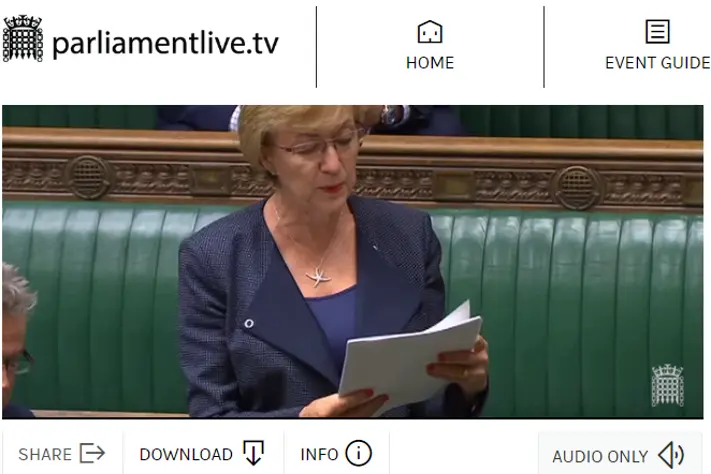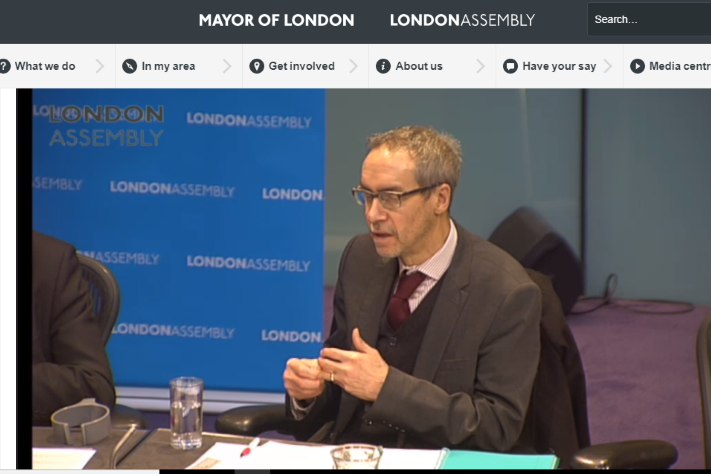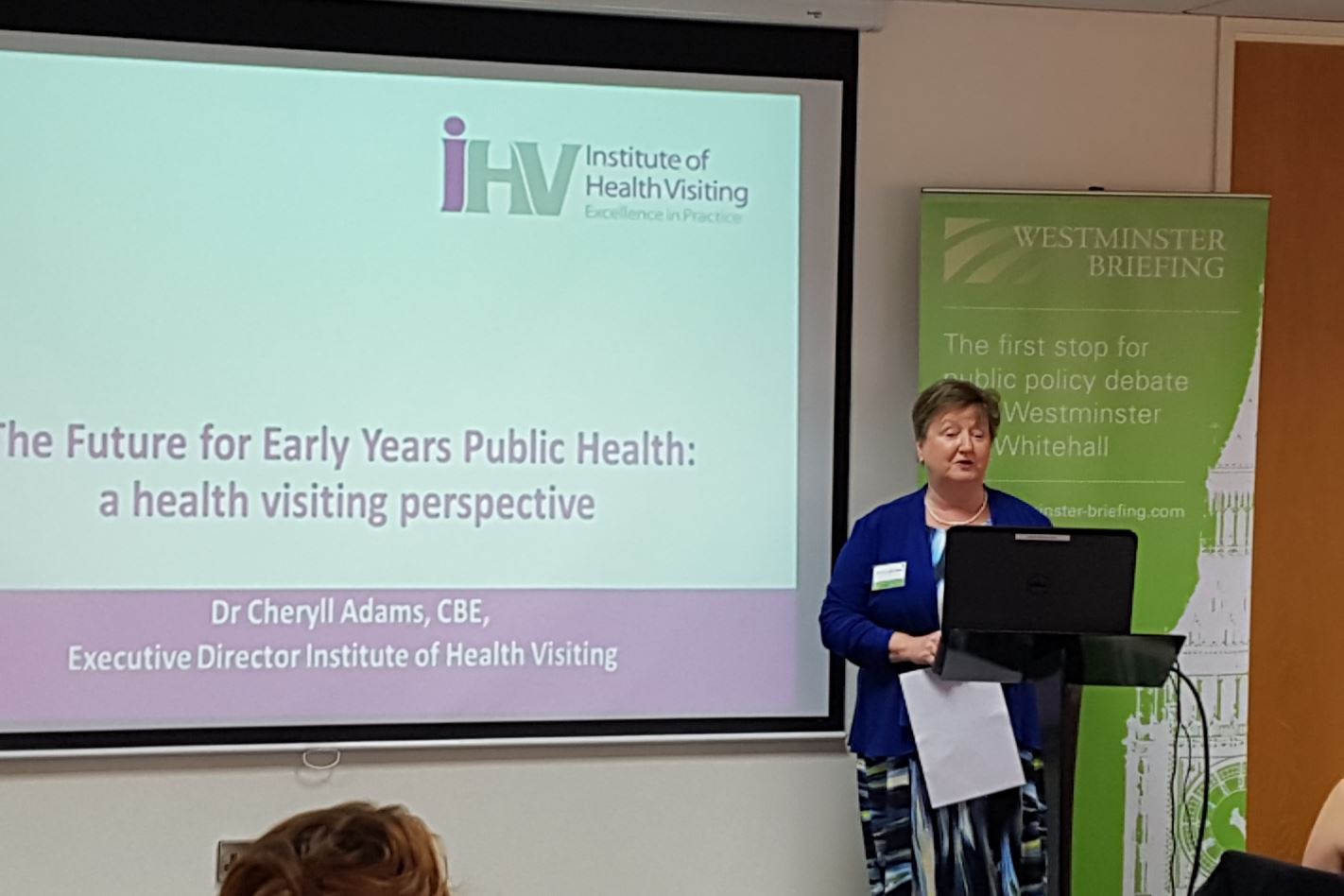The British Heart Foundation National Centre for Physical Activity and Health (BHFNC) has published five new fact sheets exploring physical activity in the early years.
They each summarise the evidence on a different topic relating to physical activity for children under five.
They are designed for early years practitioners to provide evidence-based information on how much physical activity young children should be doing, why it’s important and how to get children active.
All fact sheets are available to download free of charge from their website.
Please see below for a brief summary of the fact sheets.
See also recent Voices blog by BHFNC -Helping children move and play
Early years physical activity guidelines
Being active helps children under five build and maintain a good level of health. Three physical activity guidelines exist in the UK for the early years. This fact sheet introduces the guidelines and explains what type of activities children can do to achieve each guideline.
Top tips for getting under fives active
In early years settings, there are many simple things you can do to incorporate physical activity throughout the day. This fact sheet provides simple ideas for encouraging activity within your setting including tips for playing outside, encouraging active play and getting parents involved
The importance of physical activity in the early years
The first five years of life are fundamental to children’s growth and development. A number of physical and psychological developments occur in young children, which lay the foundation for future health and wellbeing. During the early years, physical activity impacts on children’s health and plays a key role in their development.
This one-page fact sheet highlights the key areas of a young child’s development supported by physical activity.
Sedentary behaviour in the early years
For children under five sedentary behaviour can include activities like spending time strapped into baby equipment, watching television, playing games while sitting down or travelling in a car, bus or train.
This fact sheet looks at why minimising sedentary behaviour is so important for young children’s health and offers simple solutions for reducing it.
Current levels of physical activity in the early years
The latest facts and figures from the latest research on how active young children are. It looks at the national health surveys for the home countries to give a picture of activity levels across the UK.






